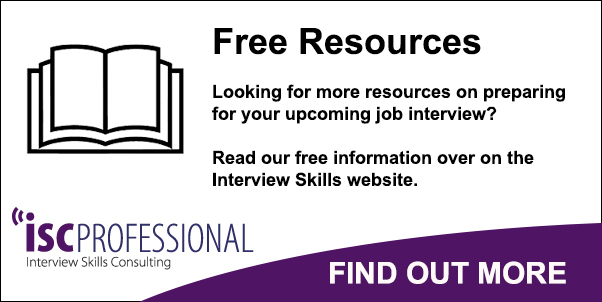Acing a Panel Interview: Skills You Need to Succeed
Being interviewed can seem a daunting prospect in itself, but when the questioning comes from a whole panel of people some interviewees can feel intimidated. The keys to overcoming these concerns are knowledge and preparation.
Here we find out more about panel interviews, the skills you need to succeed and how you can ace this part of the recruitment process.
Benefits of panel interviews
By using panel interviews companies can often avoid the need for multiple stages or multiple interviews with each candidate- saving time for both parties. Each panel member usually represents a different aspect of the company’s operations, so questions can be asked on a range of areas providing you with a deeper insight into what they do- and for them a better picture of how your profile measures up to what they require.

Panel research
As well as all the usual background preparation required for an interview- identifying key criteria, company data and industry information- you also need to do some research on the panel members. Find out as much as you can about their career history, their role within the organisation, recent developments with their work area and if possible some insights into what makes them tick as a person. Use published information and supplement with other sources such as industry contacts or existing employees- if you know any. Gathering this information will mean you know who is likely to cover each area of questioning and help you tailor your draft answers accordingly.
Skills to succeed
–Engage positively– It is important to engage with the whole panel from the outset. If possible shake hands with each panel member and thank them for inviting you to interview. Body language is also important- sit up straight and lean forward slightly. Point your body towards the panel member who is asking the question but maintain eye contact with all of them. Imagine you are delivering a presentation to a small group and adopt the same approach as you would with that.
– Manage your focus– It is likely that one member will chair the interview, providing introductions, explaining the format and managing the handover between subject areas. You may be tempted to focus your attention on them, but remember this is a group decision so you need to keep all the panel members interested in what you have to say. When answering a particular question, look at the person who asked it initially, but as you continue to talk look at each of the other members, so they also feel included.
– Personalise your responses– As well as using the background information to answer questions in a way you feel will best impress each panel member, personalise your approach further by peppering your responses with their name. Only use first names if the interview is extremely informal, or if the panel has asked you to- otherwise stick to formal titles. Show your strengths in terms of active listening by connecting issues which may have come up in one question area with another- this also demonstrates your ability to ‘join the dots’ and identify the synergies across business areas.
– Bespoke questioning– When thinking of questions to ask at the end of the interview, come up with a few which span across the panel members’ subject areas – this ensures no one feels left out in the cold. Have a number of options and pick the most relevant based on the content of the interview.
This guide will get you started on the road to a successful panel interview. For information on different types of interviews, read more here.

